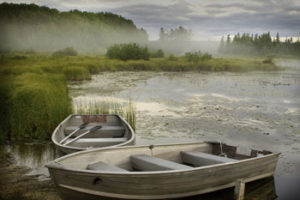
From 101 Creative Writing Exercises: Couplets and Quatrains
Today’s writing exercise comes from 101 Creative Writing Exercises, which takes writers on an adventure through different forms and genres while offering tools, techniques, and inspiration for writing. Each chapter focuses on a different form or writing concept: freewriting, journaling, memoirs, fiction, storytelling, form poetry, free verse, characters, dialogue, creativity, and article and blog writing are…Read More
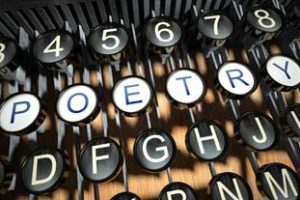
A Selection of Poetry Prompts from 1200 Creative Writing Prompts
Today’s poetry prompts come from my book, 1200 Creative Writing Prompts, which is jam-packed with ideas and inspiration for writers and includes fiction, poetry, and creative nonfiction writing prompts. Some of the poetry prompts in the book ask you to use a list of specific words in a poem. Some give you a topic to…Read More
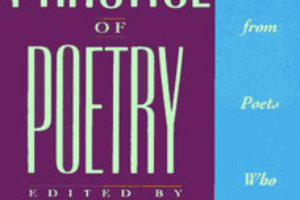
Writing Resources: The Practice of Poetry
This post contains affiliate links. When it comes to writing resources, there are some special books out there that will help make you a better reader and a more well-rounded writer. Some academics argue that poetry is an intellectual pursuit, but that’s only partially true. Poetry is also artistic and emotional. Anyone can enjoy poetry,…Read More

From 101 Creative Writing Exercises: Rock and Rhyme (Poetry)
Today’s post features an exercise from my book, 101 Creative Writing Exercises (aff link), which is filled with exercises for various forms of writing, including fiction, poetry, and creative nonfiction. It will inspire you while imparting useful writing techniques that are fun and practical. This exercise comes from “Chapter 8: Free Verse.” The creative writing exercises in this…Read More
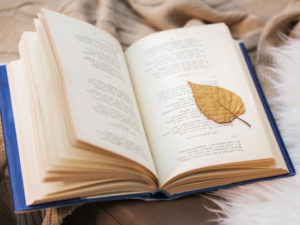
What is Poetry?
Prose Bewitched “Poetry is prose bewitched, a music made of visual thoughts, the sound of an idea.” – Mina Loy When I read Mina Loy’s description of poetry as “prose bewitched,” I felt like someone had captured the true essence of poetry for the first time. We often struggle to define abstract or obtuse concepts….Read More

Writing Resources: Perrine’s Sound and Sense
This post contains affiliate links. This is one of my favorite writing resources of all time. It is subtitled “An Introduction to Poetry,” but it’s full of concepts that can benefit any form of writing. Whether you write fiction, articles, essays, or blog posts, Perrine’s Sound and Sense will enhance the way you perceive and use language…Read More

Poetry Writing Exercises in Space and Time
Poetry is the most artistic form of writing. A poem can be concrete or abstract. It can be expressive or pensive. It can cover just about any subject imaginable. But despite what poetry can be, it is most often used as a form of emotional self-expression, especially by young and new poets. When we’re feeling…Read More
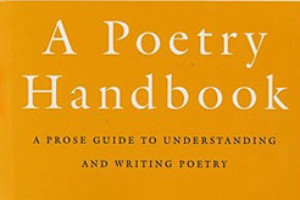
Writing Resources: A Poetry Handbook
This post contains affiliate links. Poetry is the music of language, the fine art of the written word. It demands a broad vocabulary and creative thinking. It promotes rhythm and meter, and it invites imagery. Poetry engages the imagination, stimulates the intellect, and touches the heart. Reading and writing poetry are excellent practices for any writer….Read More
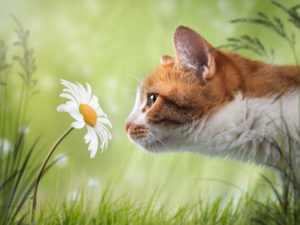
Poetry Writing Exercises to Engage the Senses
Ah, the senses: sight, sound, smell, taste, and touch. How do they relate to poetry writing? We delight in the pleasures of the senses, but infusing poetry with sensory stimulation is not an easy task. It takes a deft and creative writer to forge images — using text — that engage a reader’s senses. So…Read More
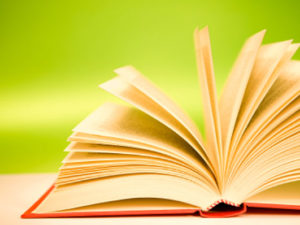
Poetry Prompts for Language Lovers
Poets have a unique relationship with language. For a poet, language is more than a tool for communication; it’s a set of paints and paintbrushes that can be used to create scenes and images that resonate with readers. A poet must then foster a loving relationship with language, learning its secrets, understanding its idiosyncrasies, and…Read More



